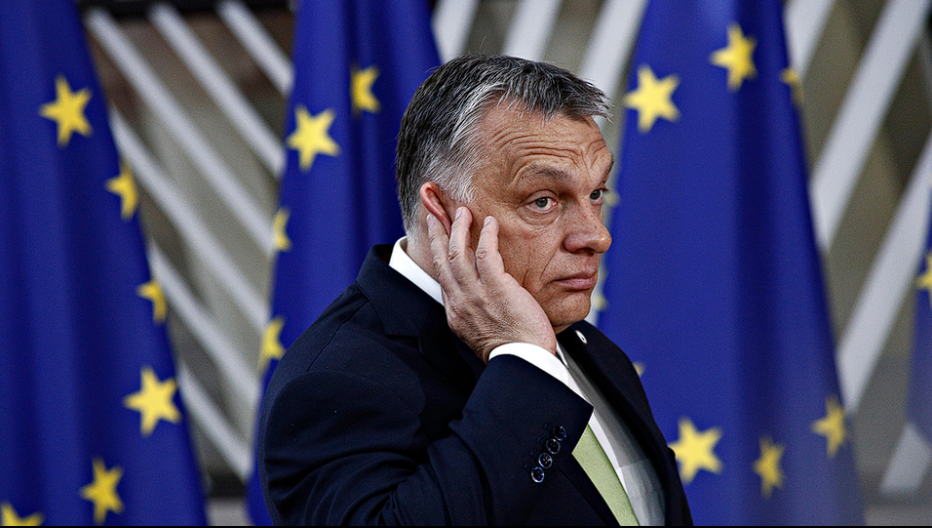EU Refutes Claims of Economic Sanctions Plan Against Hungary Over Ukraine Aid Veto.
Others are reading now
The European Council has dismissed claims that it is planning to economically penalize Hungary if the country obstructs a significant financial aid package destined for Ukraine. According to a senior European official, these allegations, reported by the Ukrainian news agency Ukrinform on Jan. 29, are unfounded.
According to New Voice of Ukraine, the denial comes ahead of a crucial EU summit in Brussels, scheduled for Feb. 1, which will revisit the proposal to allocate EUR 50 billion ($54.3 billion) in financial assistance to Ukraine for the period 2024-2027.
This development follows Hungarian Prime Minister Viktor Orbán’s previous veto of a new EUR 50 billion ($54.3 billion) aid package for Ukraine. Orbán has linked the veto to Budapest’s demand for EUR 21 billion ($22.8 billion) in aid and grants, currently frozen due to concerns over Hungary’s adherence to human rights and rule of law standards.
Also read
Balázs Orbán, the Hungarian Prime Minister’s Political Director, denounced the reported sanction plan as mere blackmail unrelated to the rule of law on Jan. 29. He criticized the alleged plan as detrimental to Hungary’s economic stability, potentially affecting investor confidence and leading to job losses and stunted economic growth.
The controversy was fueled by an article in The Financial Times on Jan. 28, which suggested that the EU had contemplated economic sanctions against Hungary as leverage to lift its veto on the Ukraine aid package.
The European official emphasized that ongoing negotiations within the EU are based on dialogue, consultation, and compromise, aimed at benefiting all parties involved.
The official clarified that the document referenced in The Financial Times article was merely an analytical note on Hungary’s current economic situation and did not constitute a specific plan regarding either Hungary or Ukraine. This clarification seeks to dispel concerns and maintain a cooperative atmosphere within the EU, especially in addressing the crucial issue of supporting Ukraine amidst ongoing conflicts.


